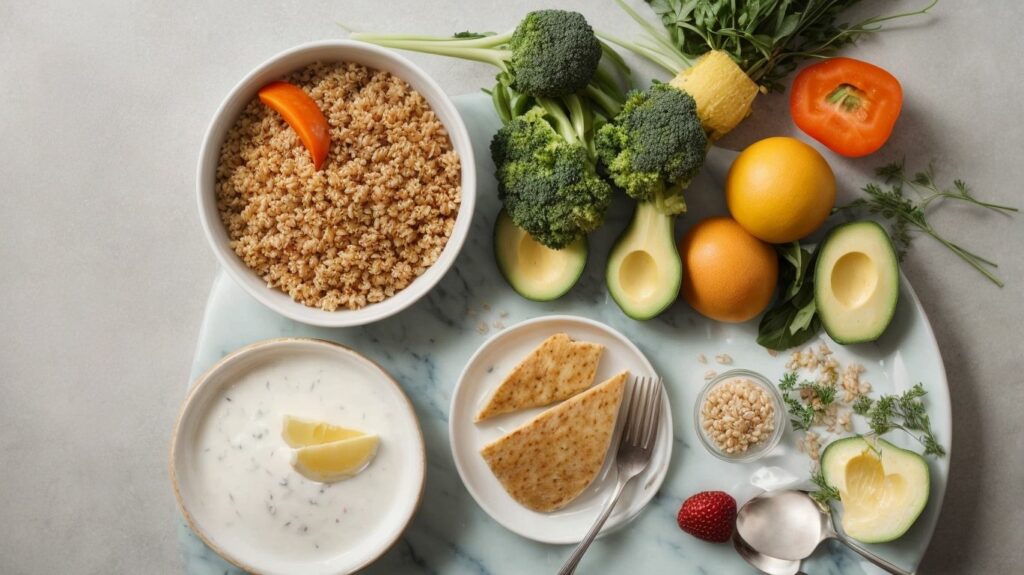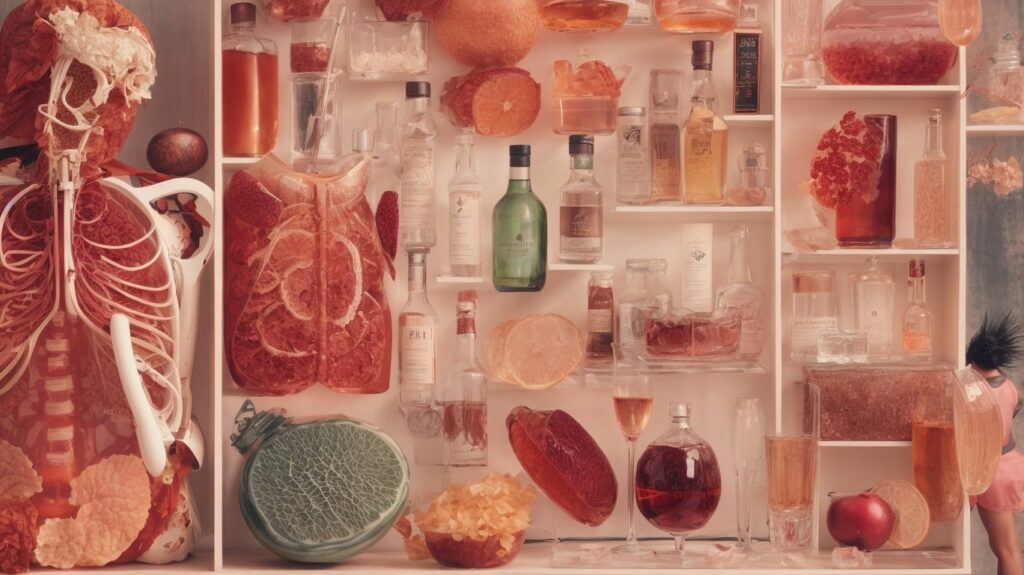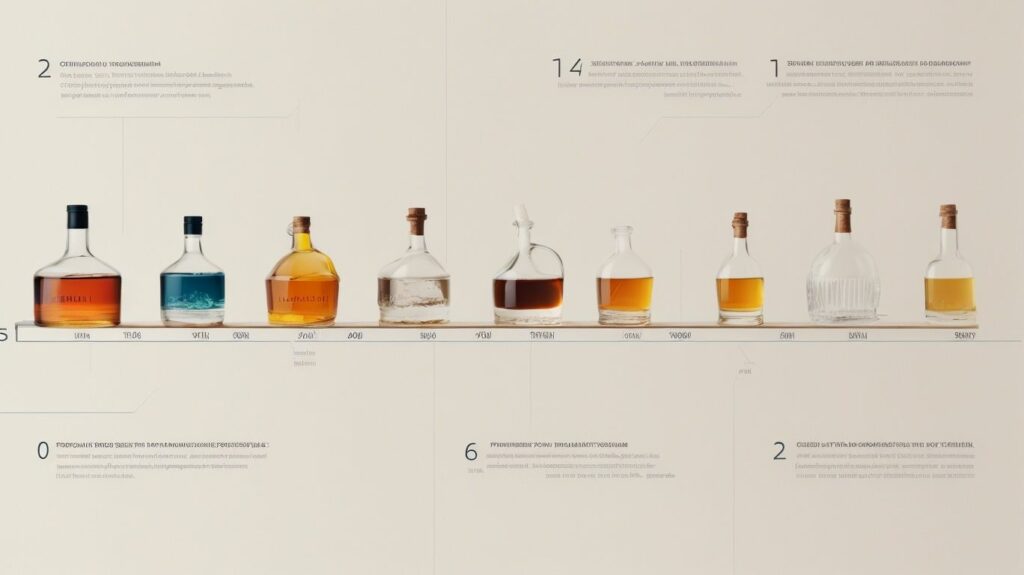20+ Years Experience
Specialist Alcohol Help

As the new year unfolds, many of us seek ways to improve our health and well-being.
One popular challenge that has gained momentum in recent years is Dry January, a month-long alcohol detox that aims to reset our relationship with drinking.
But what exactly is Dry January, and is it worth the effort?
In this blog post, we’ll explore the benefits and drawbacks of this increasingly popular challenge, as well as tips and advice to make the most out of your alcohol-free month.
For More Info About Dry January Click Here[/ctaDry January is a campaign organised by Alcohol Change UK, which encourages individuals to abstain from drinking alcohol for the entire month of January.
With around two million dry app participants in the United Kingdom in 2015, the challenge has grown in popularity and has attracted even more people to take part in Dry January and reap its potential health benefits.
In the following sections, we’ll dive deeper into the Dry January campaign, and the month-long alcohol-free challenge, and talk about the potential advantages and concerns that come with participating in this movement.
Established in the first year of 2013, the Dry January campaign is a public health initiative that encourages individuals to refrain from consuming alcohol during the month of January. The campaign’s objective is to:
The Royal Free Hospital and other health institutions have supported the campaign, recognising its potential to minimise the risks of alcohol consumption and improve overall health.
By participating in the Dry January campaign, individuals may experience numerous health benefits such as weight loss, enhanced physical fitness, improved sleep and mental well-being, and decreased risk factors like high blood pressure.
However, it’s essential to consider the potential limitations and concerns associated with the campaign, such as short-term versus long-term effects, withdrawal symptoms, and alcohol dependence.
The month-long Alcohol-Free Challenge, also known as the month alcohol-free challenge, involves a commitment to abstain from the consumption of alcohol for the entire month of January. Engaging in this challenge can result in various health benefits such as:
However, it’s crucial to contemplate the short-term versus long-term effects of abstaining from alcohol, as well as the potential withdrawal symptoms and alcohol dependence.
One of the immediate benefits of Dry January is the ability to save money by not spending on alcoholic beverages.
In the next sections, we will discuss the health advantages of participating in Dry January and address potential limitations and concerns.
Learn Why You Should Participate In Dry January [/ctaStudies have indicated that engaging in dry January can result in various health benefits, such as:
In the following subsections, we will explore in detail the health benefits of Dry January, focusing on weight loss and improved fitness, better, sleep patterns and mental well-being, and reduced risk factors.
The potential absence of alcohol during Dry January could result in an influx of more energy, which may inspire individuals to exercise more frequently.
Additionally, by reducing calorie intake due to the absence of alcohol, participants may observe a decrease in body weight.
Regular exercise during Dry January can help reduce the desire to consume alcohol, leaving one feeling invigorated when attending the gym.
By maintaining a healthy lifestyle throughout the month, participants can experience the benefits of weight loss and improved fitness every long day.
Abstaining from alcohol can lead to improved sleep quality and may help reduce symptoms of anxiety and depression, thereby improving mental health.
Alcohol can interfere with sleep cycles and result in most people in difficulties in falling asleep and staying asleep. Addressing alcohol abuse can be a crucial step in achieving these benefits.
By abstaining from alcohol during Dry January, one may experience enhanced sleep quality, decreased sleep disturbances, and superior overall sleep.
The improved sleep and mental well-being can contribute to a more energised and focused lifestyle throughout the whole month.
Participation in Dry January has the potential to decrease blood pressure, cholesterol levels, and liver fat, thereby decreasing the likelihood of developing chronic health conditions.
The health risks associated with alcohol consumption are numerous, including cancer, liver disease, heart disease, stroke, and various social and mental health problems. Addressing alcohol concerns through initiatives like Dry January can help mitigate these risks.
By participating in Dry January, individuals can experience a reduction in these risk factors, leading to improved overall health and a decreased likelihood of developing chronic health issues.
Find Out More Benefits Of Dry January[/ctaWhile Dry January has potential benefits, it’s important to consider its limitations and potential concerns. The short-term benefits of Dry January may not necessarily be indicative of long-term health improvements if participants return to their prior drinking habits following the month or new year-long abstinence.
Additionally, symptoms of alcohol withdrawal may be experienced during dry months, ranging from mild to severe.
In the next subsections, we will discuss:
The immediate impacts of Dry January consist of weight reduction, enhanced physical fitness, improved sleep quality, and enhanced mental health.
However, the potential long-term effects of Dry January may include decreased risk factors for certain diseases, enhanced drinking habits, and enhanced overall health.
It’s essential to remember that the short-term benefits of Dry January may not necessarily lead to long-term health improvements if participants return to unhealthy drinking habits afterwards.
Therefore, maintaining healthy habits beyond Dry January is crucial for sustained health benefits.
People with alcohol dependence should consult a healthcare professional before participating in Dry January, as sudden withdrawal can lead to severe symptoms. Withdrawal symptoms may include:
Recognising the signs of alcohol dependence and seeking help is crucial for those considering Dry January. By consulting a healthcare professional, individuals can effectively manage withdrawal symptoms and safely participate in the challenge.
Take That First Step Today[/ctaTo succeed in Dry January, participants should find support, explore alternatives to alcohol, and set realistic goals.
By following these tips, individuals can increase their chances of successfully completing the month-long alcohol-free challenge and reaping its potential benefits.
In the following subsections, we will discuss in detail the tips for finding support and accountability, exploring alternatives to alcohol, and setting realistic goals and expectations for a successful Dry January.
Engaging friends and family for support and accountability can increase the likelihood of success during Dry January. Here are some ways to build a strong support network stay dry in:
By utilising these strategies, you can have a support system in place to help you through the challenge.
Establishing a support group and staying accountable to others can greatly benefit participants, helping them stay motivated and focused on their goal of completing Dry January successfully.
Participants can explore non-alcoholic alternatives like mocktails, infused water, non-alcoholic beer, and sparkling water to satisfy cravings and avoid binge drinking.
These alternatives to drinks can help maintain a sense of enjoyment in social situations while abstaining from alcohol, sugar and may also contribute to healthier drinking habits beyond Dry January.
By incorporating non-alcoholic options into their daily routines, participants can successfully navigate the one month off without feeling deprived and maintain a healthy relationship with alcohol in the long run.
Setting achievable goals and being kind to oneself can help maintain motivation throughout the month. By focusing on attainable objectives and celebrating minor accomplishments, individuals can stay motivated and committed to the challenge.
Engaging in activities such as reading, listening to podcasts, or performing light stretches or breathing exercises can also help divert attention away from alcohol cravings and further contribute to a successful Dry January.
For More Tips Get In Touch[/ctaAfter completing Dry January, it’s important to maintain healthy drinking habits and apply lessons learned during the challenge.
By reflecting on the experience and establishing new routines and coping mechanisms, individuals can continue to reap the benefits of their month-long alcohol detox and begin to foster a healthier relationship with alcohol in their lives in the long run.
In the following subsections, we will discuss the importance of reflecting on lessons learned and establishing new routines and coping mechanisms to maintain progress beyond Dry January.
Reflecting on the experience of Dry January can provide valuable insights into one’s relationship with alcohol and help identify any positive changes in physical and mental health, as well as any challenges faced during the month.
By acknowledging the lessons learned and the growth experienced, individuals can continue to build on their progress and maintain healthy drinking habits.
Taking the time to reflect on the Dry January journey can also help participants recognise areas of improvement and develop strategies for maintaining their newfound healthier relationship with alcohol in the long term.
Establishing new routines and coping mechanisms can help individuals maintain their progress and continue to build on the positive changes experienced during Dry January. Here are some strategies to consider taking a break from.
Developing these new routines and coping mechanisms can also contribute to improved mental and physical well-being, further demonstrating the long-lasting benefits of participating in and successfully completing Dry January.
Learn How To Maintain Healthy Drinking Habits[/ctaThe potential benefits of Dry January include a strengthened immune system, reduced stress, healthier liver function and even weight loss.
In addition to sugar, it may also help to take cholesterol and reduce blood pressure.
The main goal of Dry January is to foster an open dialogue about alcohol consumption, motivate individuals to reflect on their drinking habits and ultimately encourage behaviour modification through a month-long period of abstinence.
This can be a great opportunity to reset and re-evaluate your relationship with alcohol, and to explore healthier drink alternatives. It can also be a time to focus on self-care and to practice mindful drinking.
Potential drawbacks of Dry January include the risk of returning to unhealthy drinking habits and possible withdrawal symptoms from alcohol dependence.
In conclusion, Dry January is a valuable opportunity for individuals to reassess their relationship with alcohol and experience numerous health benefits.
While there are potential limitations and concerns, with the right preparation, support, and mindset, participants can successfully complete the challenge and develop healthier drinking habits that extend beyond the month of January.
By reflecting on life, lessons learned and establishing new routines and coping mechanisms, the positive changes experienced during Dry January can lead to a lasting, healthier relationship with alcohol.
Speak To Our Professionals[/ctaThere are a range of other services that we can provide. Have a look at the list below for more information:











































































































































We Aim To Reply To All Enquiries With-in 24-Hours